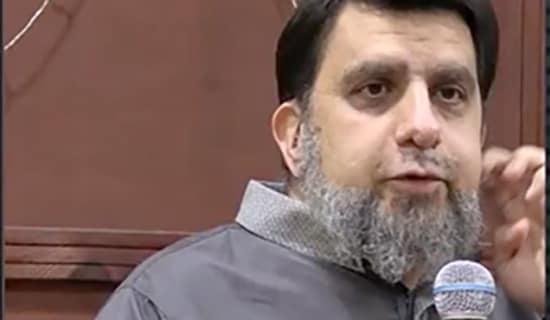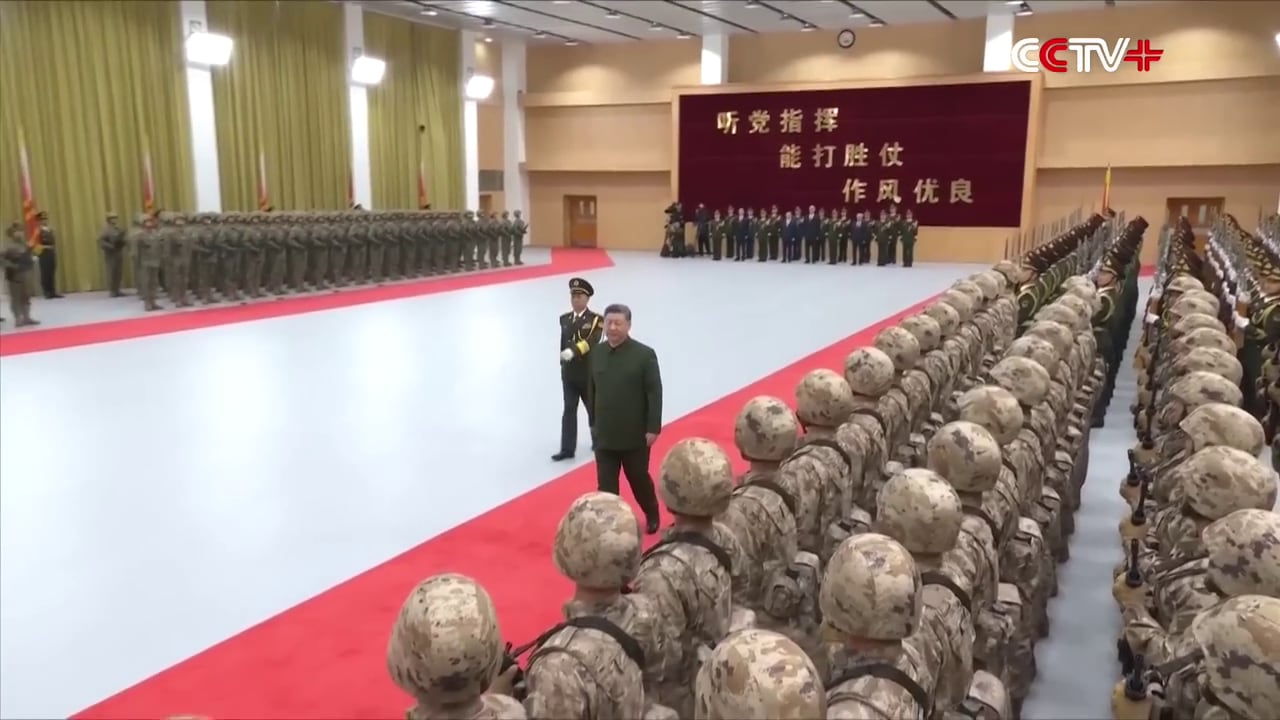
Former Iraqi finance minister Rafi Al-Issawi drew a comparison between ISIS and the Iraqi militias and said: "Two illegitimate organizations may fight one another. Both ISIS and the militias are illegitimate." The interview aired on Sky News Arabia on February 17, 2016.
Rafi Al-Issawi: "It would be a mistake to talk about the militias and the PMU as two different things. The Popular Mobilization Units are the ones killing the Iraqis, and I will prove this in a moment. When the fatwa of Ayatollah Sistani about fighting ISIS was made public, the Shi'ites set out to fight ISIS, and they have just as much right to do so as the Sunnis. But according to the fatwa, they were supposed to volunteer to the military, not to engage in a Jihad similar to that of the IRGC and the Basij. They weakened the army until it collapsed. Four divisions of the army were destroyed. According to the minister of defense 70% of the army left after Mosul. But then all this infrastrucre was built for the militias.
"But people say: Some militias are out of control, some are criminal, some are sectarian, then there is the PMU. No. These militias are subordinate to the PMU and are all illegal and have all committed human rights violations."
[...]
Interviewer: "Some people say, if not for the PMU then Baghdad would have fallen."
Al-Issawi: "This claim is exaggerated. If not for the Sunni Arab tribes in Haditha and in the Fallujah Operation, and even in Ramadi, prior to its fall, when the balance of power changed, ISIS would have been in Baghdad and Karbala by now.
[...]
"I would like to draw a comparison between ISIS and the (Iraqi) militias. ISIS is based on the religious notion of the Islamic State, and the militias are based on the divine Rule of the Jurisprudent. Neither ISIS nor the Islamic State believe in nation states or geographical borders. They both believe in interfering in the affairs of countries. Abu Bakr al-Baghdadi is a wanted man internationally, and some of the Iraqi militia leaders are also on the international list of terrorists. So what is the difference? ISIS has beheaded people and slaughtered people with knives. It has destroyed houses of worship as well as homes. The same goes for the militias, in Diyala, in Jurf al-Sakhr, in the Baghdad area, in Tikrit, and even in Al-Anbar. They killed people, beheaded people, and burned citizens alive. It is all recorded on video. They also destroyed homes and mosques. The only place in the world where all the mosques were destroyed in a single week, and the Friday prayers were not held, is Diyala and this was done by the militias."
[...]
Interviewer: "So fighting ISIS does not give the militias legitimacy?"
Al-Issawi: "Absolutely not. Two illegitimate organizations may fight each other. Both ISIS and the militias are illegitimate.
[...]
"I believe what is needed is an Arab initiative, which will restore the model of the civil state to Iraq, with the agreement of the local players, whether in line with the Taif model or not. Then we must disarm the militias. This is the greatest threat to Iraq's existence as a state and to the entire region. It is no different than the threat of ISIS. This is the outline of the solution. Of course, it could succeed or fail. Will Iraq find itself in the midst of a war? Perhaps. I don’t know. Who could have predicted a year ago that Yemen would be in a war? Well it happened.
[...]
"I believe that if the international community does not bring about a new Middle East, the Arab Islamic coalition will do so."












